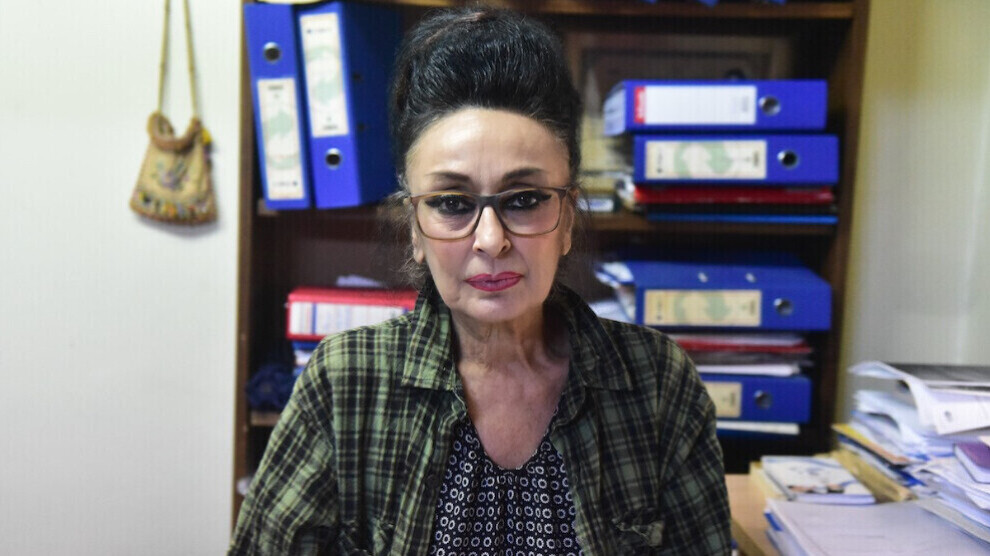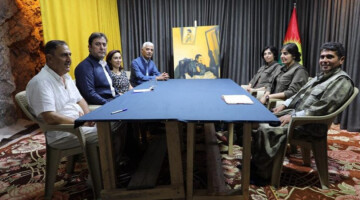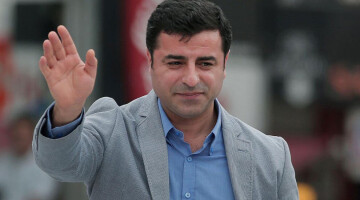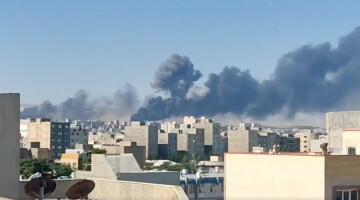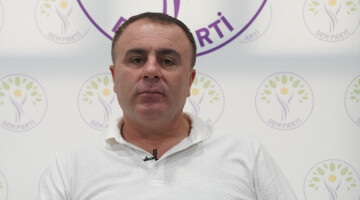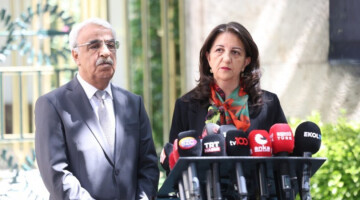Revelations by ultranationalist Sedat Peker, who is wanted on an arrest warrant for organized crime, about the government's criminal involvement are making headlines in Turkey. Peker, who served as a mafia godfather to the Erdogan regime before fleeing abroad, links high-ranking government officials to rape, murder and cocaine smuggling in his video messages. Interior Minister Süleyman Soylu and former police chief and former Interior Minister Mehmet Ağar are particularly targeted. Eren Keskin, co-chair of the Human Rights Association (IHD), has been dealing with the crimes of the deep state since the 1990s and is not surprised by the current revelations.
Speaking to ANF, Keskin said, "As a human rights association, we have been pointing out for years that the state logic of the 1990s still holds. People talk about the deep state, but actually it is the determining state. What Sedat Peker is telling today is unnecessary, we have experienced all this in the nineties in an open form. People were murdered or disappeared after being arrested. In the Susurluk scandal, most of these connections were exposed. The state admitted the existence of such a structure in a report on the matter. However, coming to terms with the past is never an option for the state of the Republic of Turkey, because it is run by these structures. Sedat Peker also openly says that he is part of the state. Not so long ago, Peker threatened us all with death, but that was considered free speech. As people who fight for human rights and are affected by the machinations, we have been saying this for years, but unfortunately it does not trigger a public debate. That only happens through an internal conflict within these structures."
Commenting on the mafia links to Soylu and the state revealed by Peker, Eren Keskin said, "It is unbelievable that an interior minister who is responsible for our security is linked to organized crime and a mafia godfather. If this had been exposed in Europe, there would have been a political earthquake, but nothing is stirring here." The human rights lawyer sees this structure as a continuation of the special organization Teşkilât-ı Mahsusa (Committee for Unity and Progress) in the Ottoman Empire, which was instrumental in the 1915 Armenian genocide. "There were criminals in this organization, they were taken out of prisons and used within this structure. This is a common pattern. What we are calling for is a change in this mindset and structure, we are not discussing individual names. But as I said, it's not what we say that triggers a debate, it's the revelations of Sedat Peker."
Keskin also sees no great difference between the era before the AKP and the state of the state today: "The only difference is that the AKP started out with the claim that it would change all that. Later, an agreement took place. In the end, the state consists of this structure and if you want to govern this country, you have to come to terms with it. This is what the AKP's connections revealed today show us. Today, the Kurdish question is one of the most fundamental problems of the official ideology. We are talking about a structure that lives on the fact that the Kurdish question is not solved. Meanwhile, political analysts suggest that murders by unknown perpetrators will occur again. An atmosphere of fear is created and people move with this fear. What we are talking about today is a structure in which people like Sedat Peker or Alaattin Çakıcı, who had a son shot in front of his mother, are in charge. While their statements are covered by freedom of expression, we are punished with imprisonment for our peaceful expressions. Without a change in this structure, democratization in Turkey is not possible."

